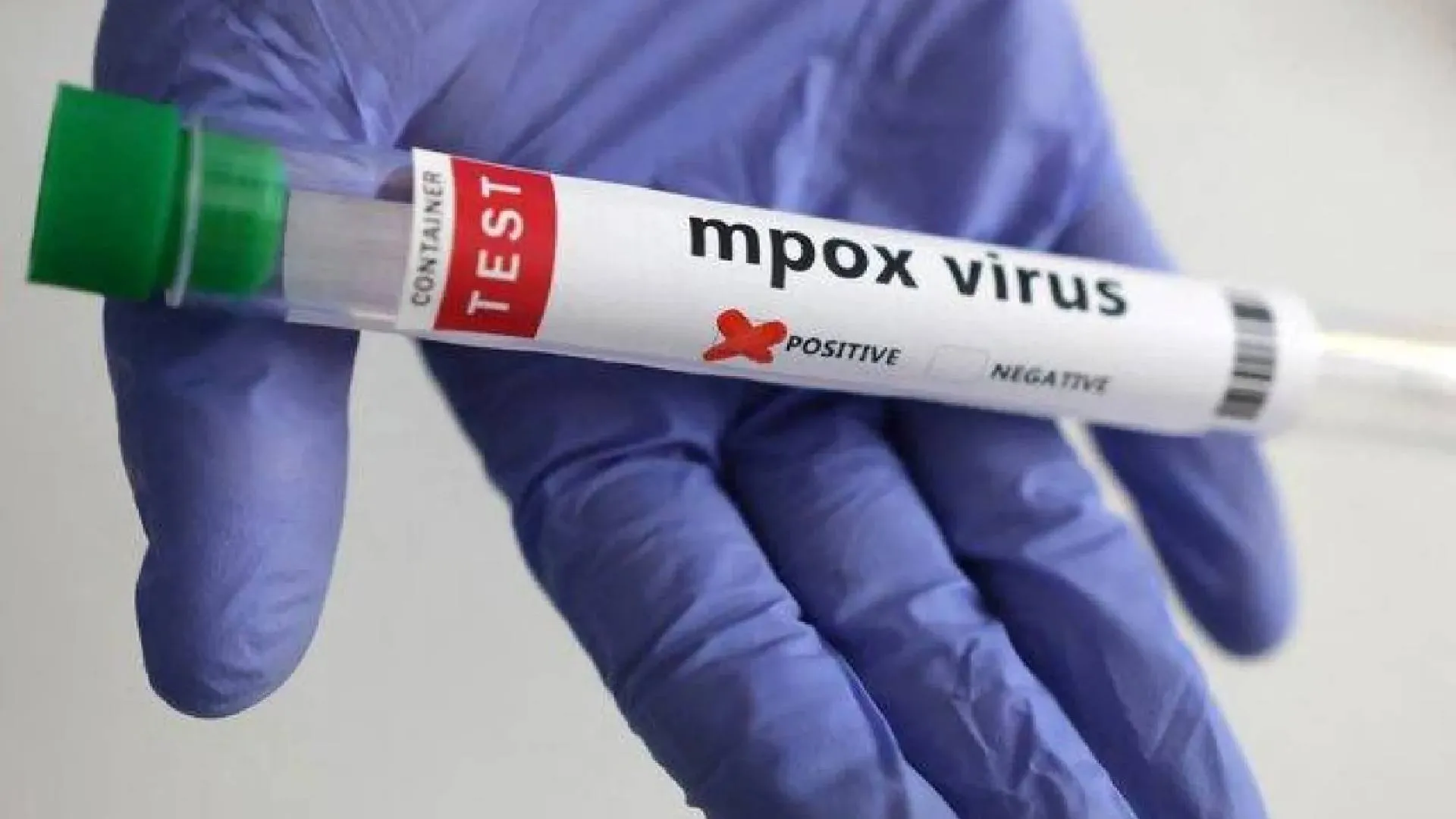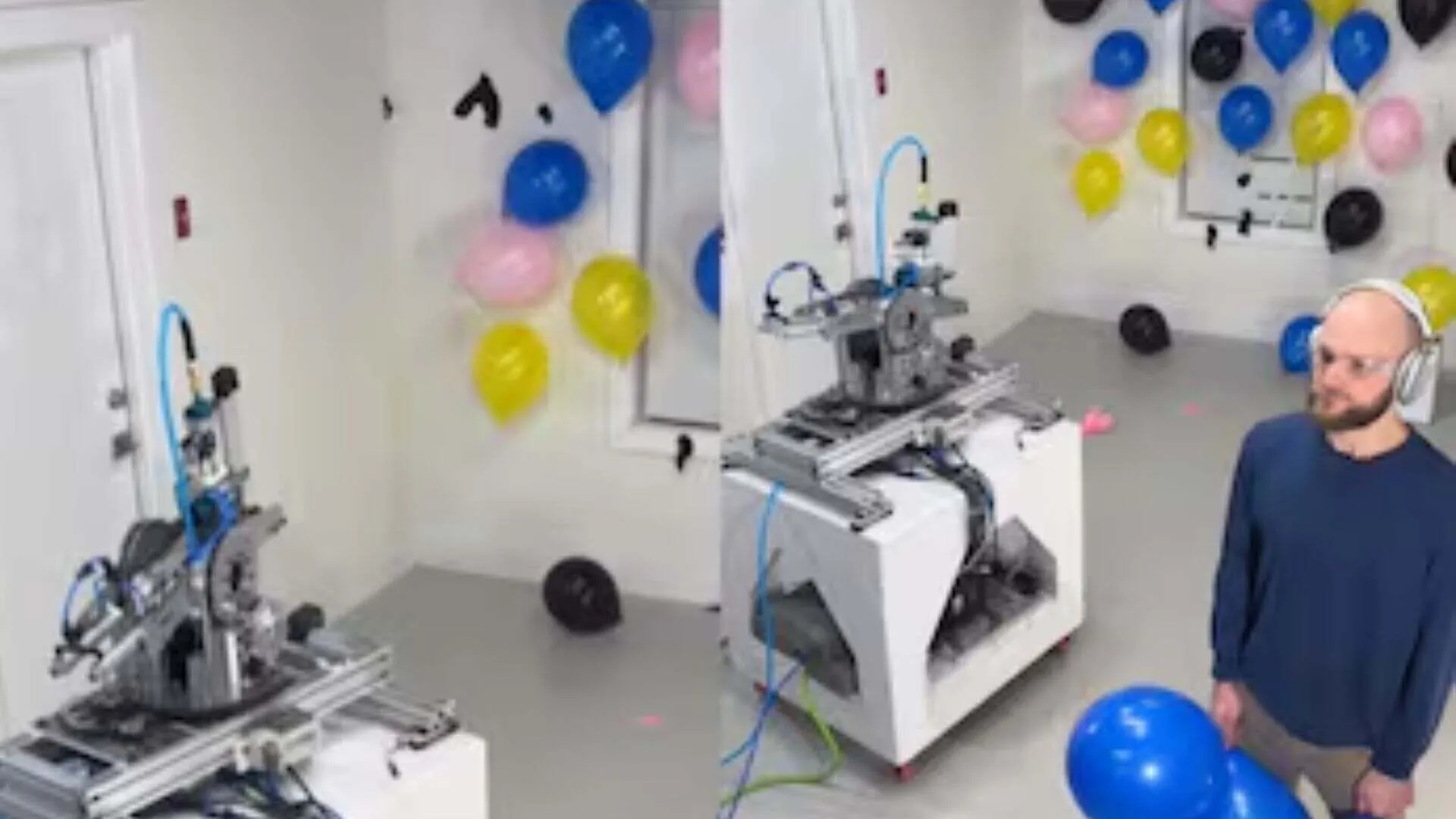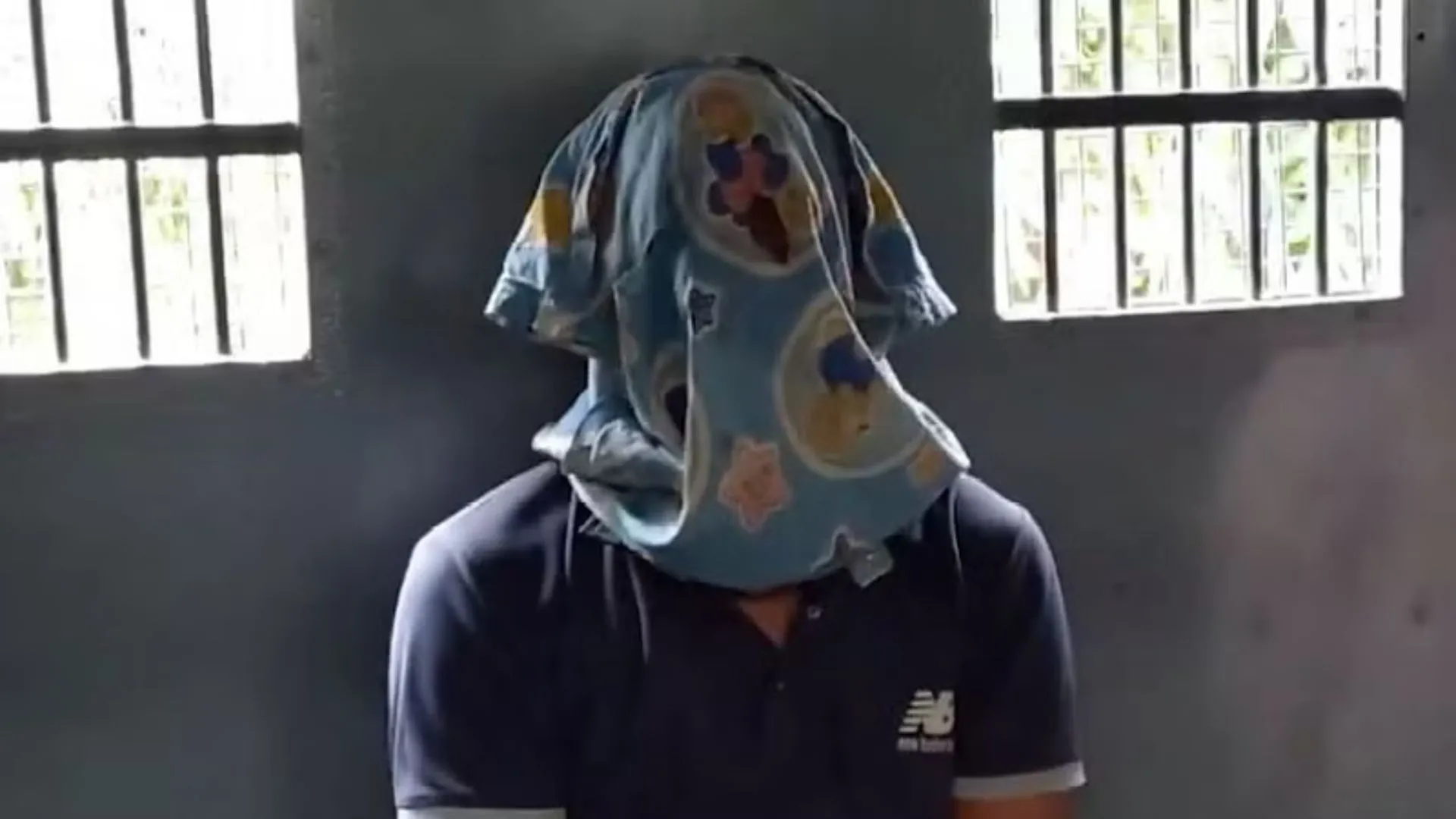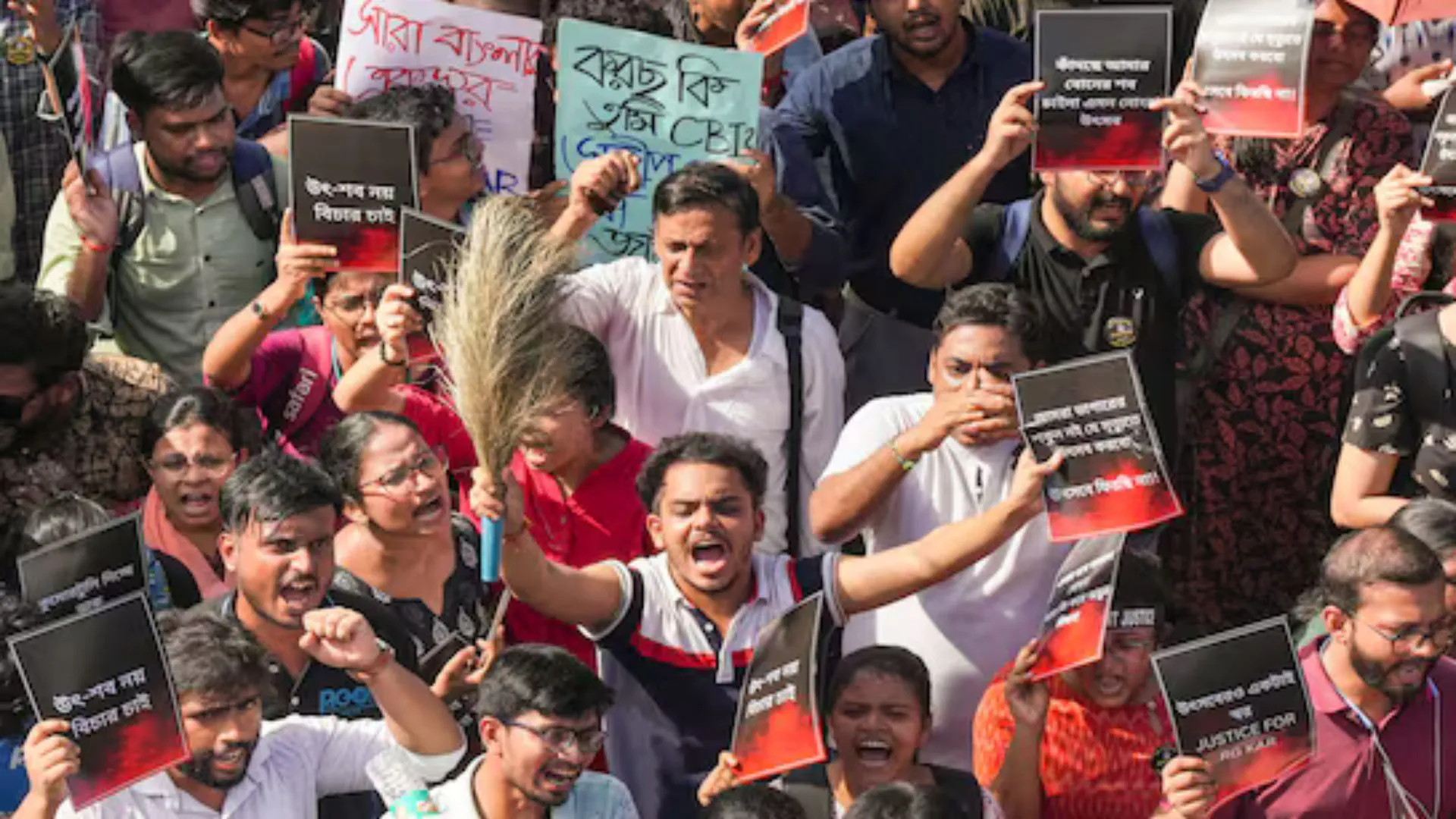Mumbai’s City Guardian Minister, Deepak Kesarkar, has unveiled a series of ambitious plans aimed at improving various aspects of the city, including places of worship, senior citizens’ care centers, preserving local traditions through food trucks, and addressing traffic issues with the potential relocation of the Mumbai Eye giant observation wheel project to the Mahalaxmi Racecourse.
The Mumbai Metropolitan Region Development Authority (MMRDA) had been searching for an alternative location for the Mumbai Eye project after encountering opposition from Bandra residents due to traffic concerns in the previous location at Bandra Reclamation.
Kesarkar suggested that the Mahalaxmi Racecourse could be a suitable site for the Mumbai Eye project, emphasizing the need to make this iconic spot accessible to a wider section of the population, as it is currently enjoyed primarily by the wealthy. He proposed the construction of a subway connecting the racecourse to the coastal road reclamation area to ease traffic congestion. Kesarkar presented a comprehensive list of 42 proposals to the BMC administration, including plans to transform the Koliwadas in Cuffe Parade, Worli, and Mahim into tourist destinations that showcase local traditions, offering traditional food, dance, and lodging options at fishermen’s homes. He also advocated for night food trucks run by women’s self-help groups to celebrate the city’s diverse culinary traditions, such as Koli, Malvani, and Jain/Gujarati cuisine.
Among his ideas for Mumbai’s cultural and religious heritage, Kesarkar highlighted the rejuvenation of Banganga, Mahalaxmi, and Mumbadevi temples, proposing the development of facilities for tourists and devotees in line with local traditions. Additionally, Kesarkar emphasized the importance of addressing social issues by advocating for a night center to provide shelter for people sleeping on footpaths and a comprehensive drive to combat drug-related problems in the city. For senior citizens, Kesarkar recommended the establishment of at least one daycare center in each ward in South Mumbai, along with a scheme providing Shiv Bhojan Thalis for lunch. These initiatives aim to enhance the well-being of Mumbai’s senior population and provide essential services to the elderly residents of the city.
















